18 Legendary Movies and Their Rejected Original Titles

Movies often go through extensive creative processes, including title brainstorming sessions. A film’s title is crucial, setting the tone and capturing the audience’s imagination before they even watch a trailer. However, not all titles make the final cut. Some legendary movies were almost known by different names, which might have changed their reception and cultural impact. This list explores 18 famous films that had original titles rejected in favor of the ones we know today. From sci-fi epics to romantic comedies, each entry reveals how a simple change in name could have altered cinematic history.
1. Back to the Future
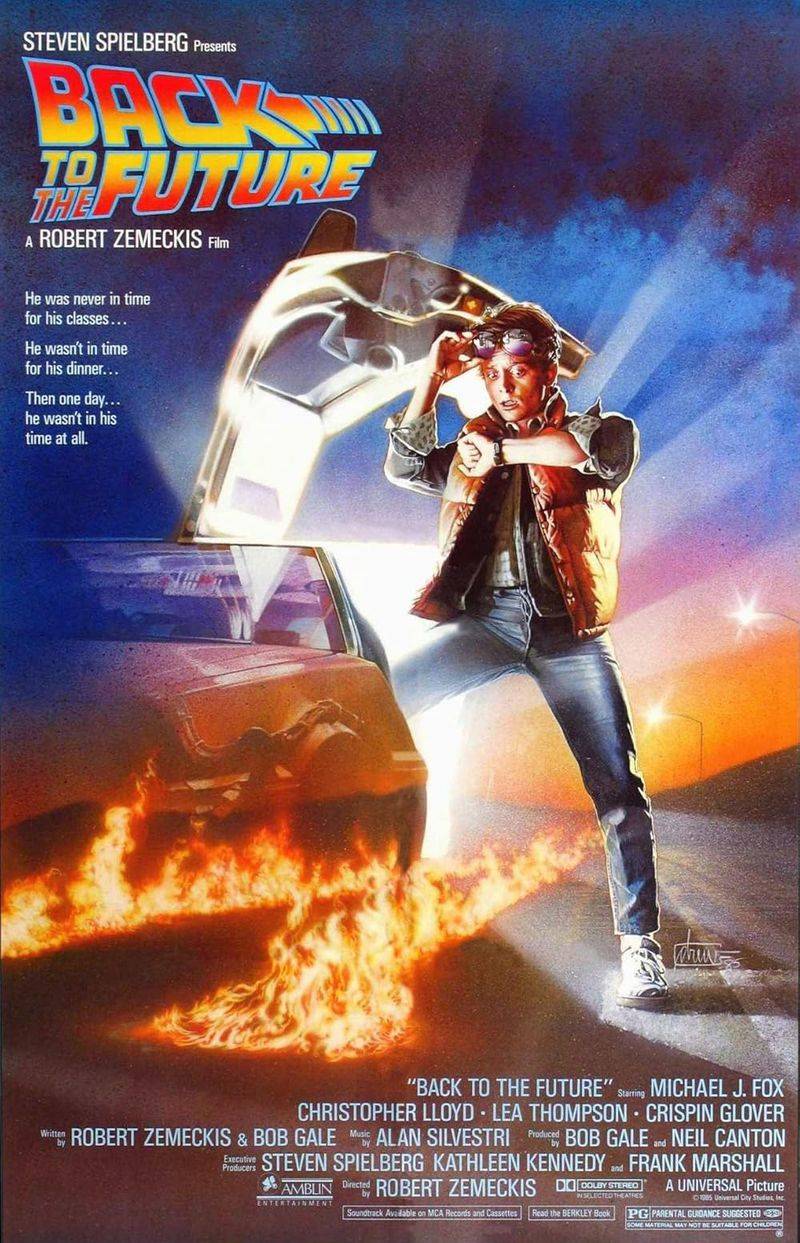
“Back to the Future” emerged as an iconic tale of time travel and adventure. Yet, its original title, “Spaceman from Pluto,” suggests a different story. The title reflects an era fascinated by space exploration, hinting at an otherworldly narrative.
However, the creative vision behind the film was much broader, focusing on the interplay between past and present. The final title captures the essence of traveling through time, resonating with audiences worldwide. Imagine if the time-traveling DeLorean had a space-centric story – it might not have achieved the same legendary status.
2. Pretty Woman
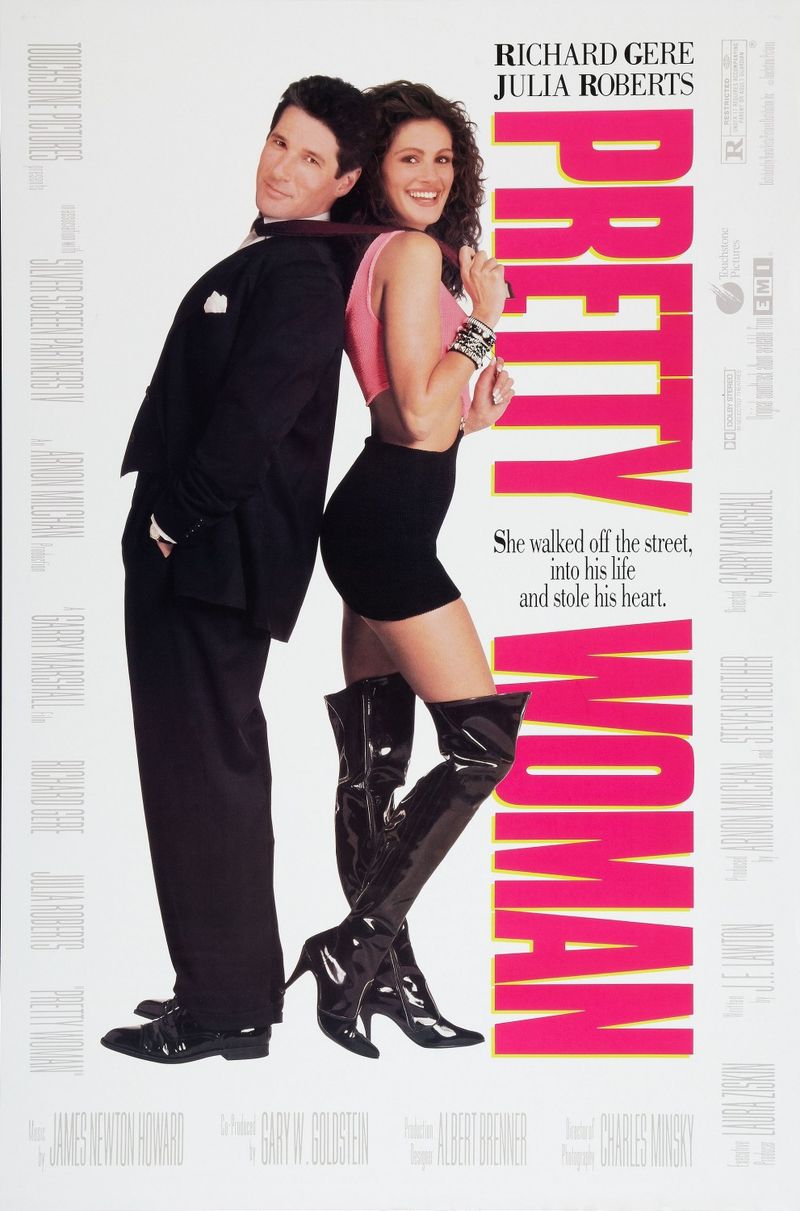
“Pretty Woman” is now a beloved romantic comedy classic, but it was almost titled “3000.” This number reflects the transaction that begins the story, focusing on the initial deal rather than the transformative journey of the characters. The change to “Pretty Woman” highlights the film’s emotional core, emphasizing romance and character growth over monetary elements.
It’s a tale of love transcending societal barriers, which resonates in the hearts of many. The shift in title mirrors this transition, ensuring the film’s legacy as a heartfelt narrative rather than a business transaction.
3. Pulp Fiction

“Pulp Fiction” is a term that evokes the gritty, edgy feel of crime stories. Initially, the film was to be called “Black Mask,” after a famous pulp magazine. This title might have leaned more heavily into the crime genre, potentially limiting its broader appeal.
“Pulp Fiction” as a title captures the film’s essence, a collage of stories that are raw and vibrant, celebrating the unpredictable nature of life. It’s a cultural touchstone that explores the depths of human experiences, making it more than just a crime drama.
4. The Breakfast Club
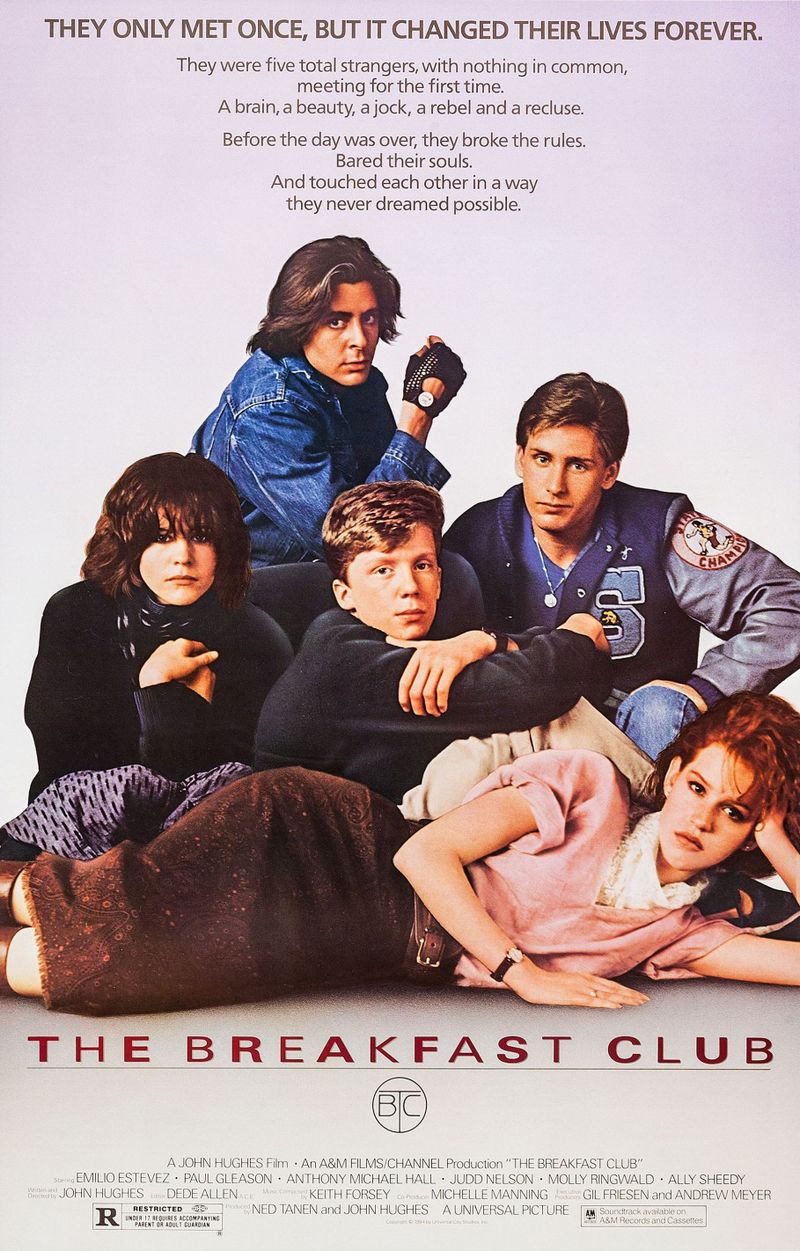
Originally slated to be called “The Lunch Bunch,” “The Breakfast Club” became a defining film of its generation. The initial title suggests a light-hearted affair, potentially downplaying the film’s deeper exploration of teenage angst and identity.
By choosing “The Breakfast Club,” the film underscores the importance of its morning setting, where these seemingly different teenagers find common ground. It’s a film about breaking stereotypes and understanding one’s true self, and the final title perfectly encapsulates this journey of self-discovery and camaraderie.
5. Alien
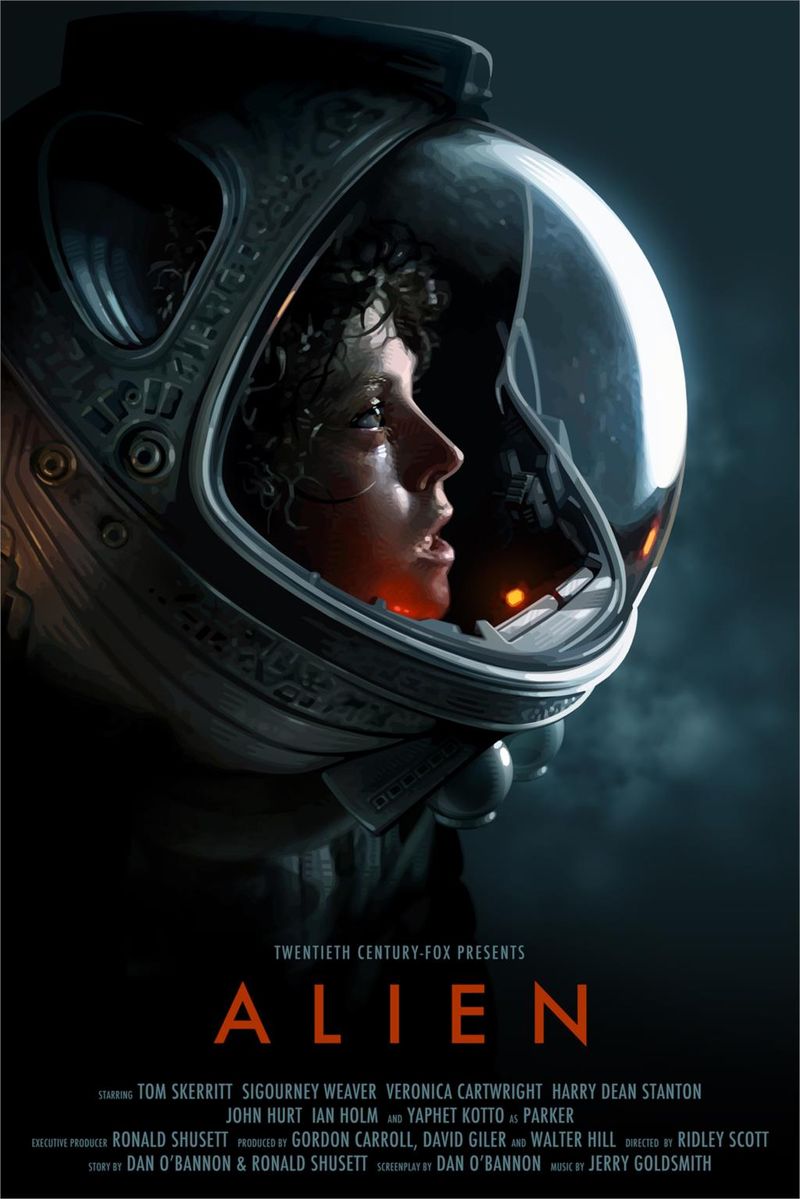
“Alien” is synonymous with sci-fi horror, yet it was almost called “Star Beast.” The rejected title might have steered the film towards a more fantastical narrative rather than the suspenseful horror masterpiece it became.
“Alien” is a simple yet powerful title, encapsulating the fear of the unknown and the isolation of space. The movie taps into primal fears, transforming a confined space into a terrifying arena. The final title, “Alien,” highlights the central terror: the creature’s relentless pursuit, merging science fiction with horror seamlessly.
6. Die Hard with a Vengeance
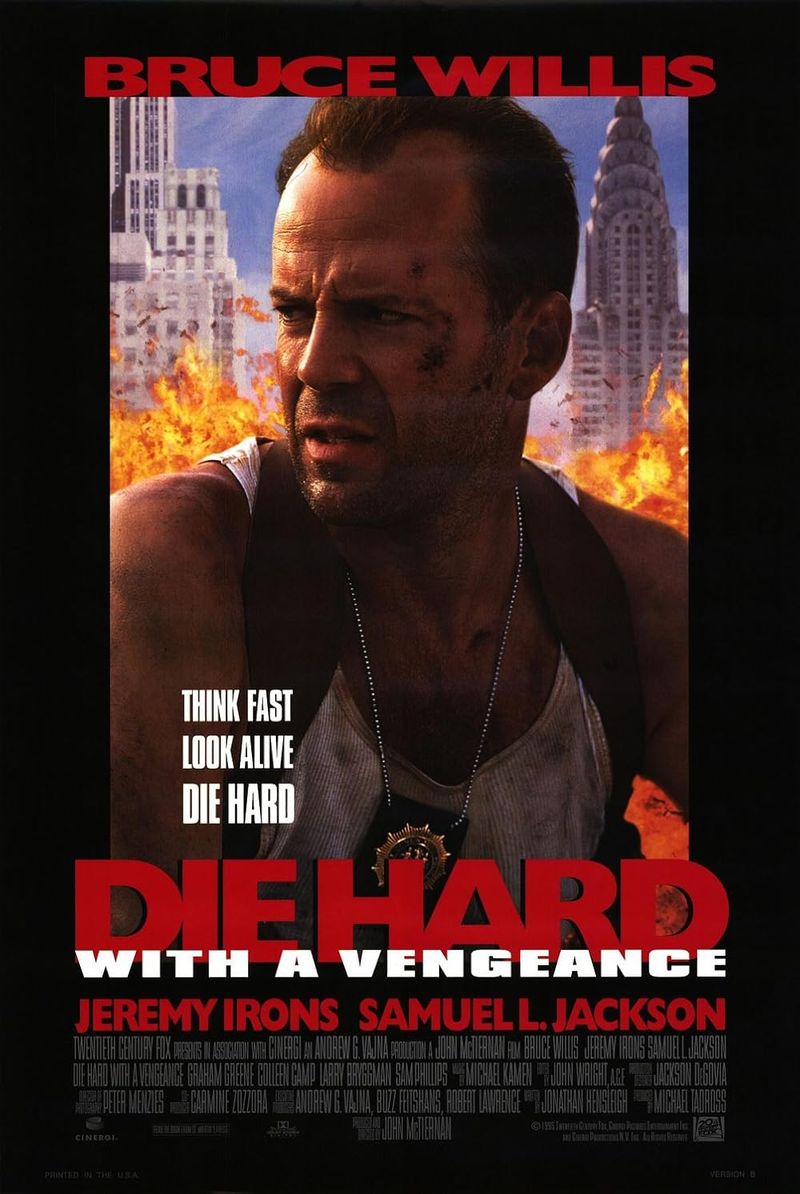
“Die Hard with a Vengeance” was nearly named “Simon Says,” highlighting the villain’s game-like strategy against the protagonist. While it might have underscored the playful, taunting aspect of the plot, it could have diluted the intense action and high stakes that define the film.
The chosen title emphasizes retaliation and justice, aligning with the relentless pursuit of the hero. It retains the explosive energy and suspense the series is known for, delivering a thrilling experience that captivates audiences and maintains the franchise’s reputation.
7. The Evil Dead
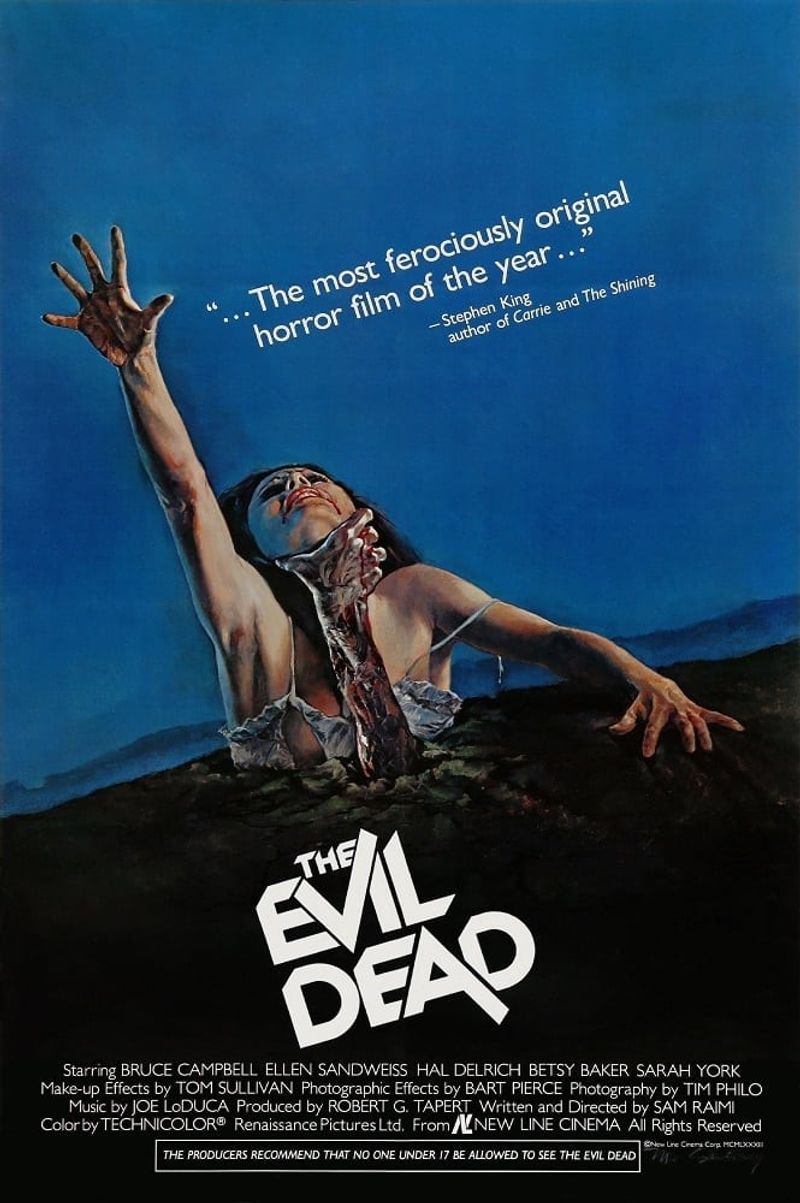
“The Evil Dead” stands as a classic in horror cinema, originally considered with the title “Book of the Dead.” The working title might have focused more on the Necronomicon’s role in the story, potentially detracting from the visceral horror elements.
“The Evil Dead” perfectly captures the malevolent forces at play, offering a direct and chilling invitation to viewers. It’s a name that suggests danger and dread, ensuring its place as a cult favorite. The final title captures the essence of unrelenting terror and supernatural horror.
8. Annie Hall
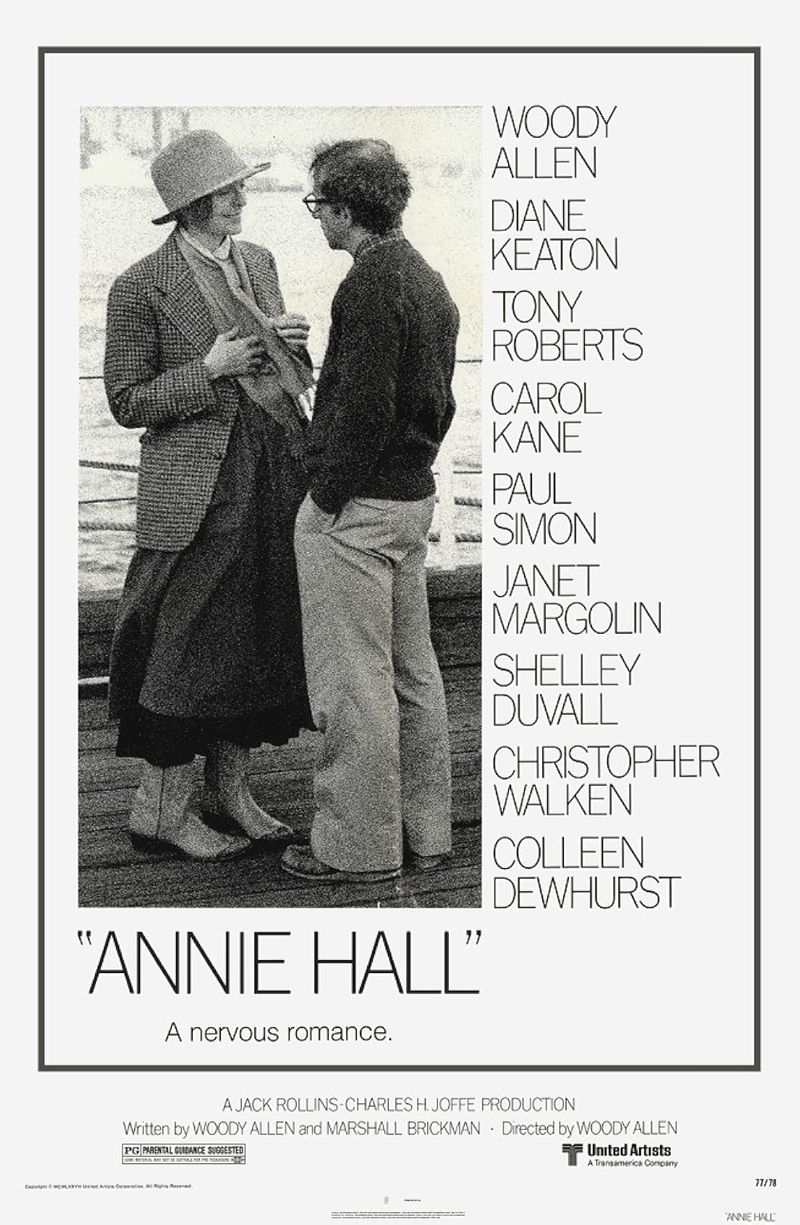
“Annie Hall,” a landmark in romantic comedies, almost bore the title “Anhedonia,” a term describing an inability to feel pleasure. While intellectually intriguing, the original title might have alienated audiences looking for a lighthearted experience.
“Annie Hall” embodies the film’s exploration of relationships and personal growth, wrapped in humor and wit. It reflects the quirky, endearing nature of its characters, making the film accessible and relatable. The final title allows the story’s warmth and humor to shine, setting the stage for a timeless love story.
9. Apocalypse Now
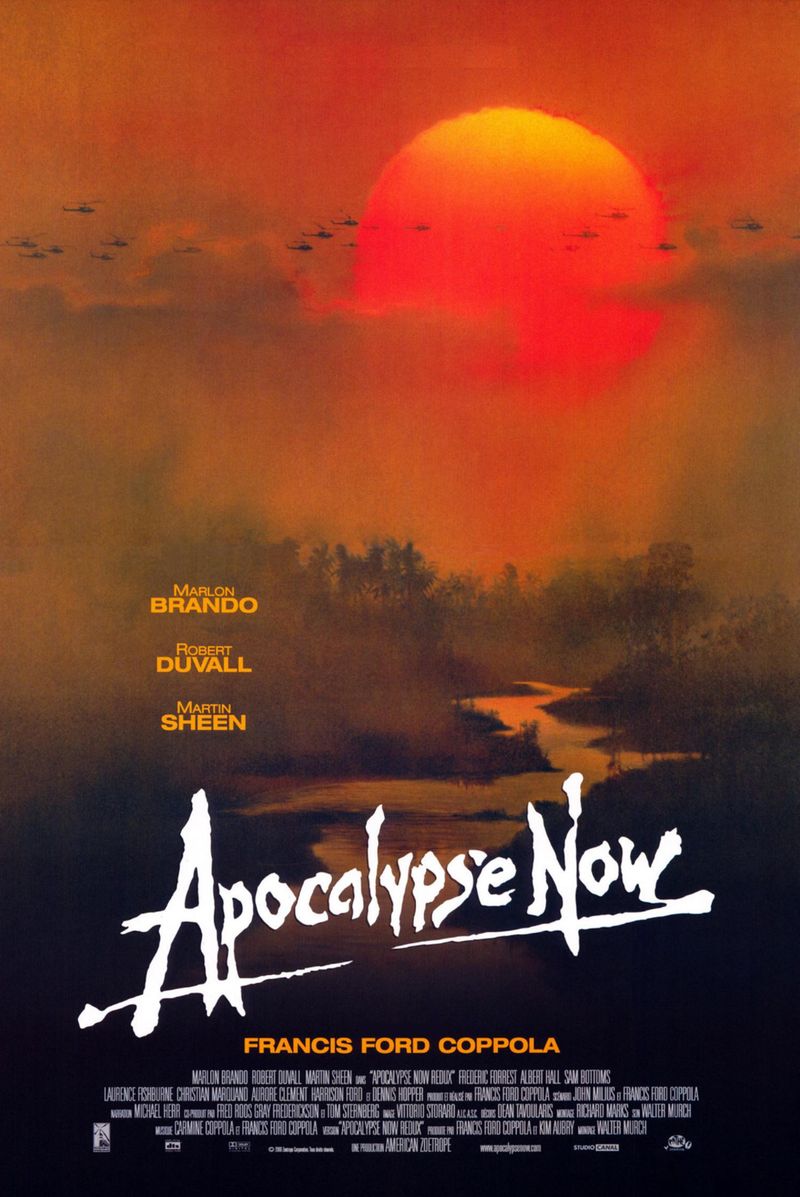
“Apocalypse Now” is a powerful depiction of the Vietnam War’s chaos and psychological impact. The original title, “The Psychedelic Soldier,” might have emphasized the war’s surreal aspects, but it risks trivializing the profound narrative.
“Apocalypse Now” resonates with the film’s exploration of destruction and humanity’s darker side. The title sets the tone for a journey into the heart of darkness, mirroring the characters’ internal and external battles. It’s an exploration of madness, power, and morality, solidifying its status as a cinematic masterpiece.
10. Scream
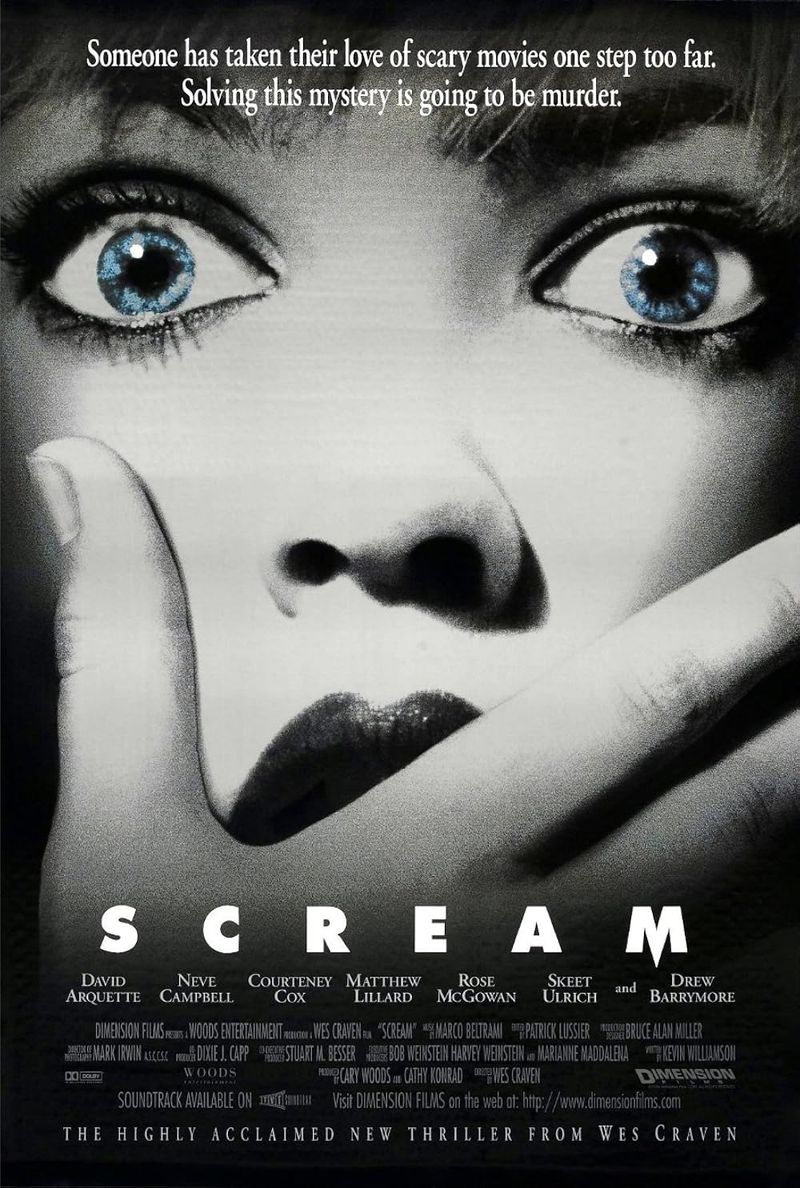
“Scream,” an iconic horror film, almost went by the name “Scary Movie.” While both titles capture the essence of fear, “Scream” offers a more visceral, immediate reaction, aligning with the film’s intense terror.
The final title embodies the primal fear and tension that the film expertly builds, making it a genre-defining classic. “Scream” not only describes the reaction characters and audiences have but also sets the stage for a series that plays with horror tropes. It’s a title that promises thrills and chills in abundance.
11. Casablanca
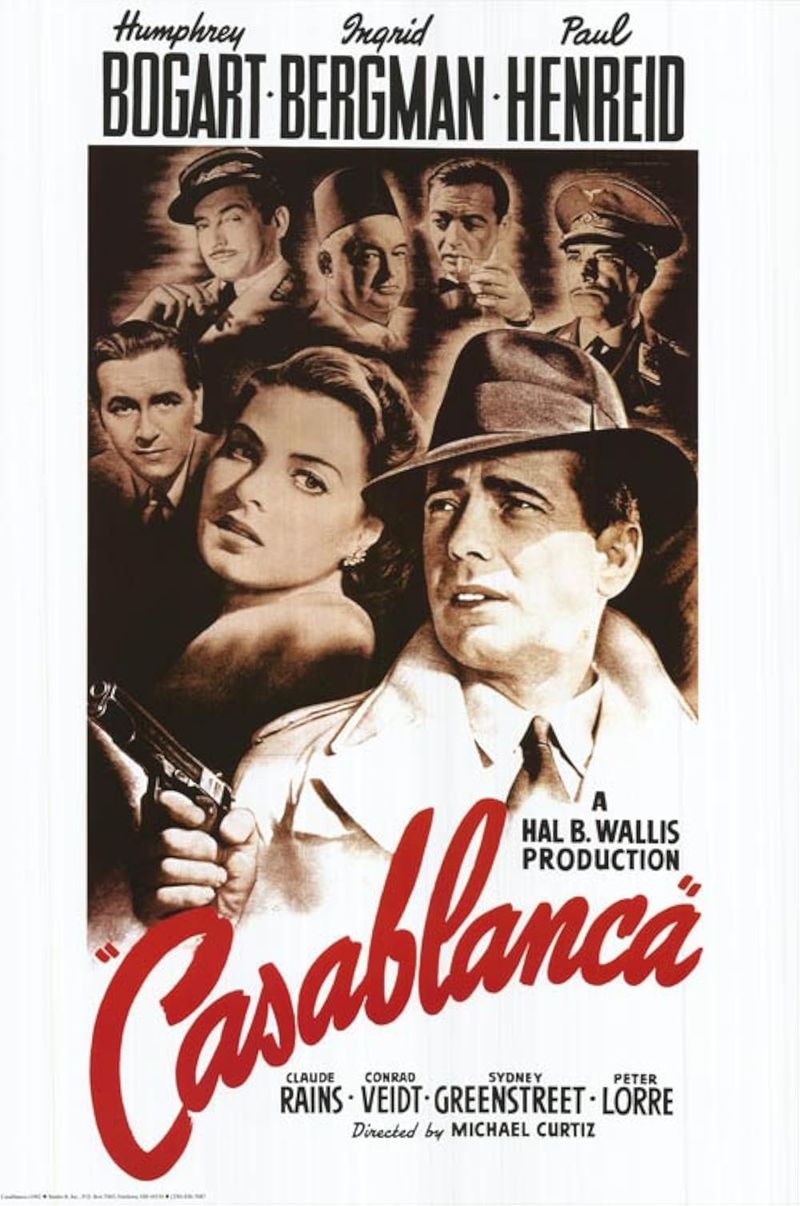
“Casablanca” is an all-time classic, originally considered as “Everybody Comes to Rick’s,” after the café central to the story. The initial title might have focused too narrowly on one location, missing the broader themes of love and sacrifice.
“Casablanca” encompasses the exotic allure and complex emotions of wartime romance. The name evokes a sense of timeless elegance, drawing viewers into its sweeping narrative. It captures the film’s essence, a tale of love’s endurance against the backdrop of war, ensuring its place in cinematic history.
12. The Texas Chainsaw Massacre
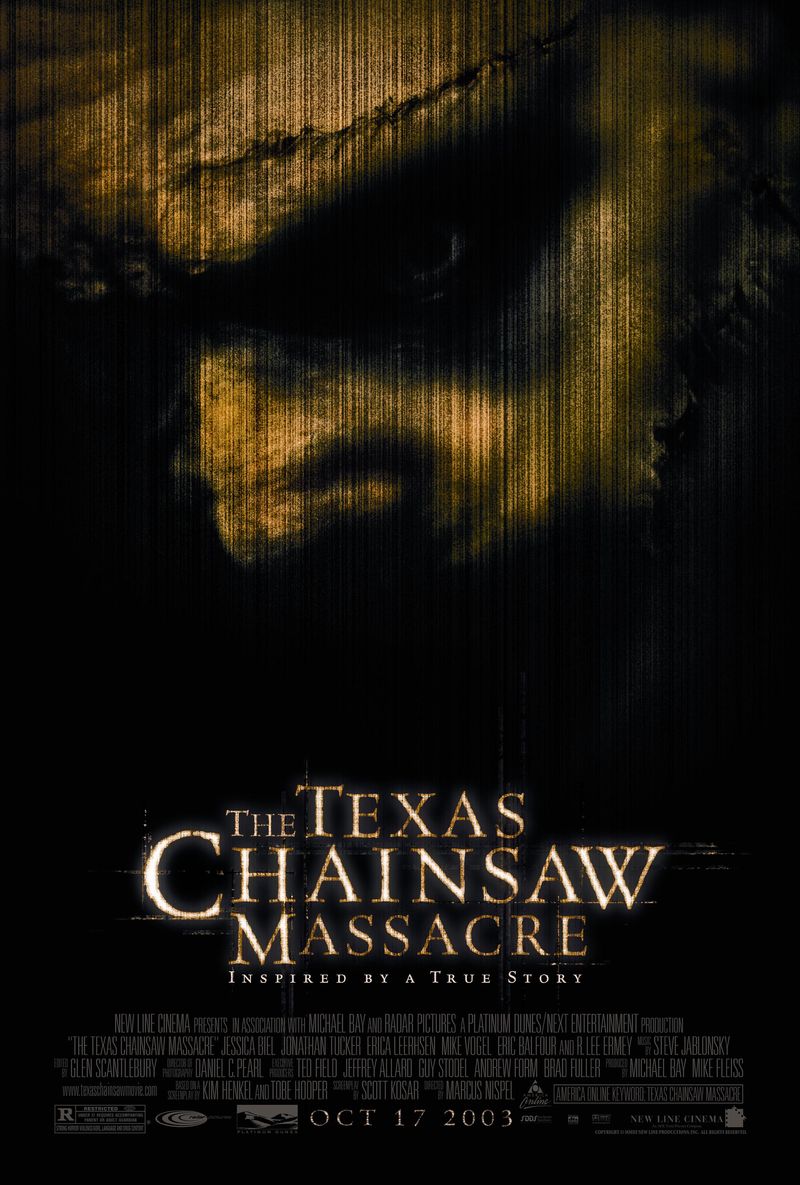
“The Texas Chainsaw Massacre” is a hauntingly descriptive title, initially considered as “Head Cheese.” The working title might have leaned into the grotesque, potentially alienating audiences before the film’s release.
The chosen title leaves nothing to the imagination, promising a raw, unrelenting horror experience. It sets the stage for a visceral journey into fear and madness, becoming a staple in the horror genre. The final title encapsulates the film’s brutal and shocking elements, offering a straightforward yet terrifying invitation to its viewers.
13. E.T. the Extra-Terrestrial
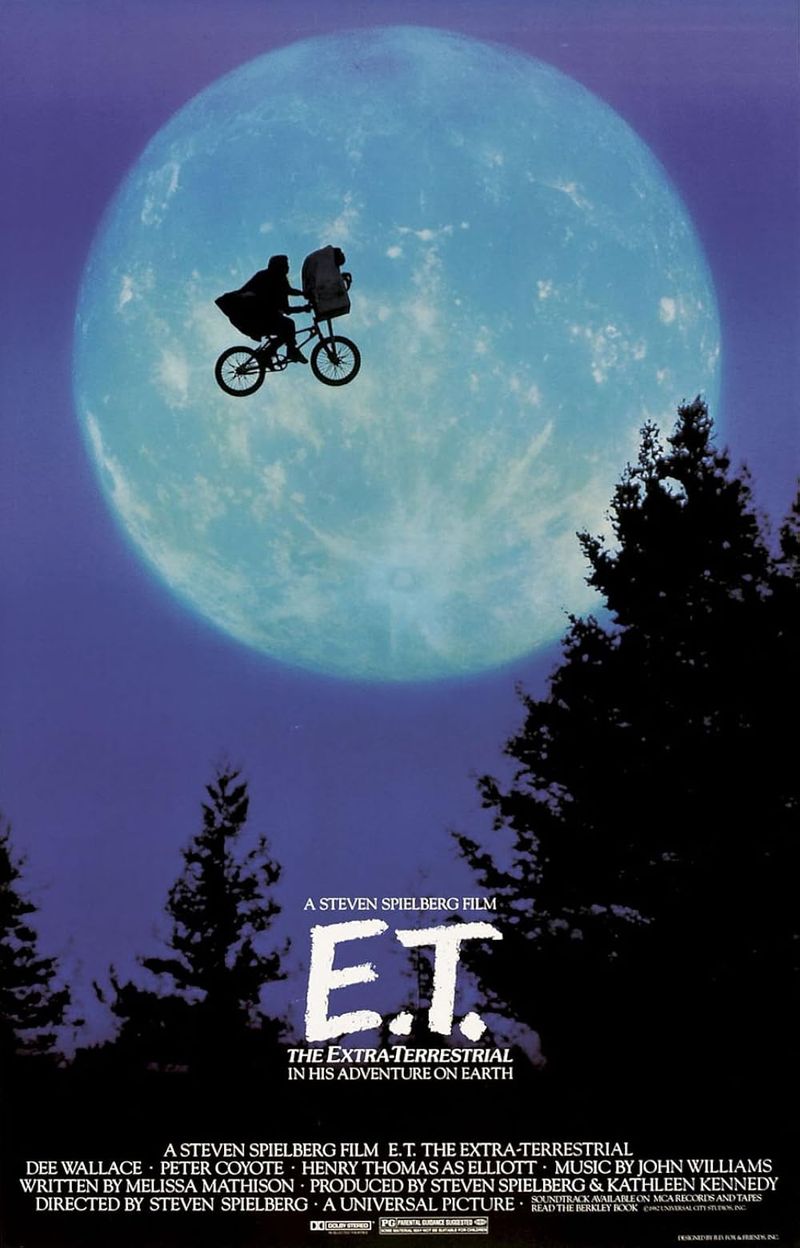
“E.T. the Extra-Terrestrial” is a touching story of friendship across the stars, initially named “A Boy’s Life.” The original title might have focused more on the human protagonist, losing the film’s magical element. “E.T.” captures the essence of discovery and connection, inviting audiences to embrace the unknown with open hearts.
It reflects the film’s blend of wonder and emotion, appealing to both children and adults. The final title offers a perfect glimpse into the heartwarming narrative, ensuring its place as a beloved family classic.
14. Snakes on a Plane

“Snakes on a Plane” is a tit
le that leaves little to the imagination, initially considered as “Pacific Air Flight 121.” The working title might have undersold the film’s outrageous premise, focusing too much on a generic flight. The final title is bold and descriptive, capturing the film’s unique blend of horror and humor. It promises an unabashedly entertaining ride, drawing audiences in with curiosity and anticipation. The title sets the stage for a cult classic, embodying the film’s over-the-top action and thrills.
15. Blade Runner

“Blade Runner,” synonymous with sci-fi noir, was initially titled after Philip K. Dick’s novel “Do Androids Dream of Electric Sheep?” The original title might have emphasized the philosophical elements, potentially overshadowing the film’s gritty atmosphere.
“Blade Runner” is sleek and evocative, capturing the blend of future technology and existential questions. It invites viewers into a world of complexity and beauty, where artificial life raises profound questions. The final title reflects the film’s unique aesthetic and narrative depth, cementing its legacy as a genre-defining masterpiece.
16. Return of the Jedi
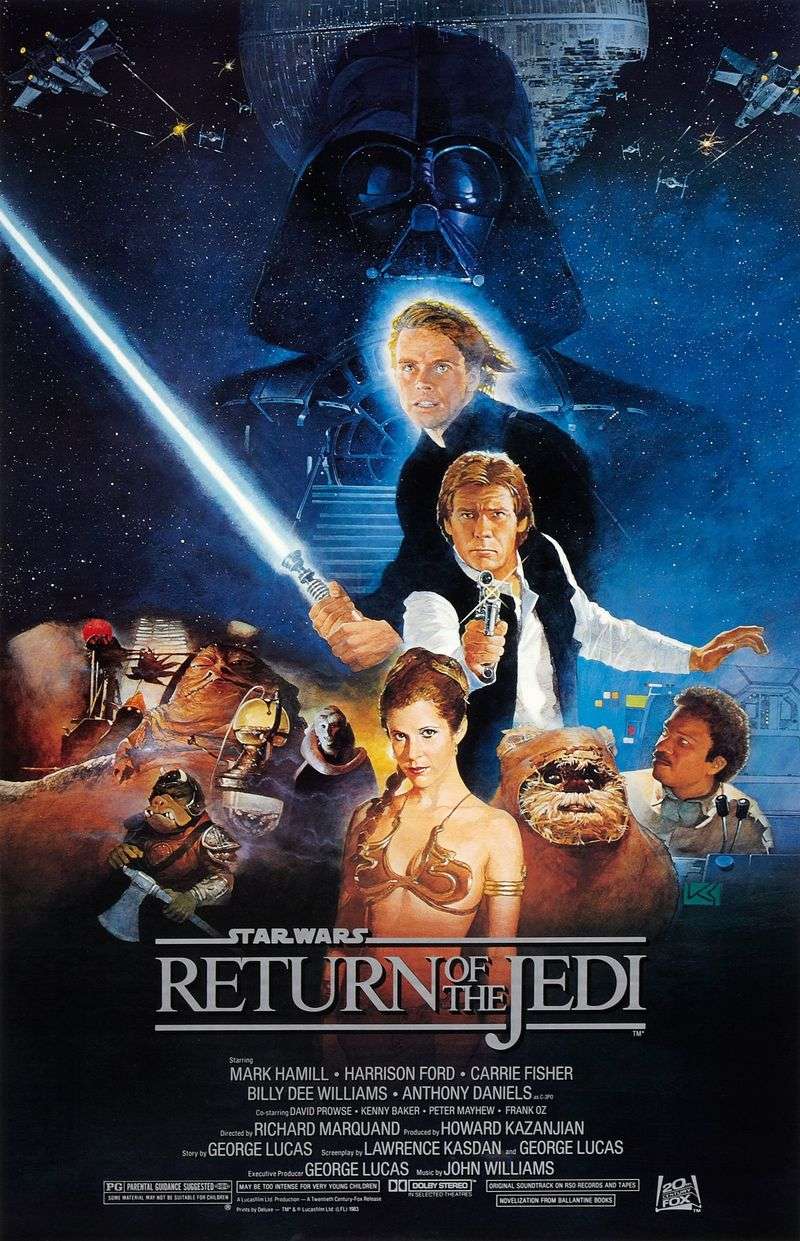
“Return of the Jedi,” a crucial chapter in the Star Wars saga, was almost released as “Revenge of the Jedi.” The original title suggested a darker tone, not aligned with the Jedi’s principles of peace and justice.
“Return” emphasizes the restoration and hope central to the story, highlighting the triumph of good over evil. It completes the trilogy with a sense of renewal and closure, resonating with fans worldwide. The final title encapsulates the spirit of redemption and victory, echoing the saga’s enduring appeal.
17. Field of Dreams
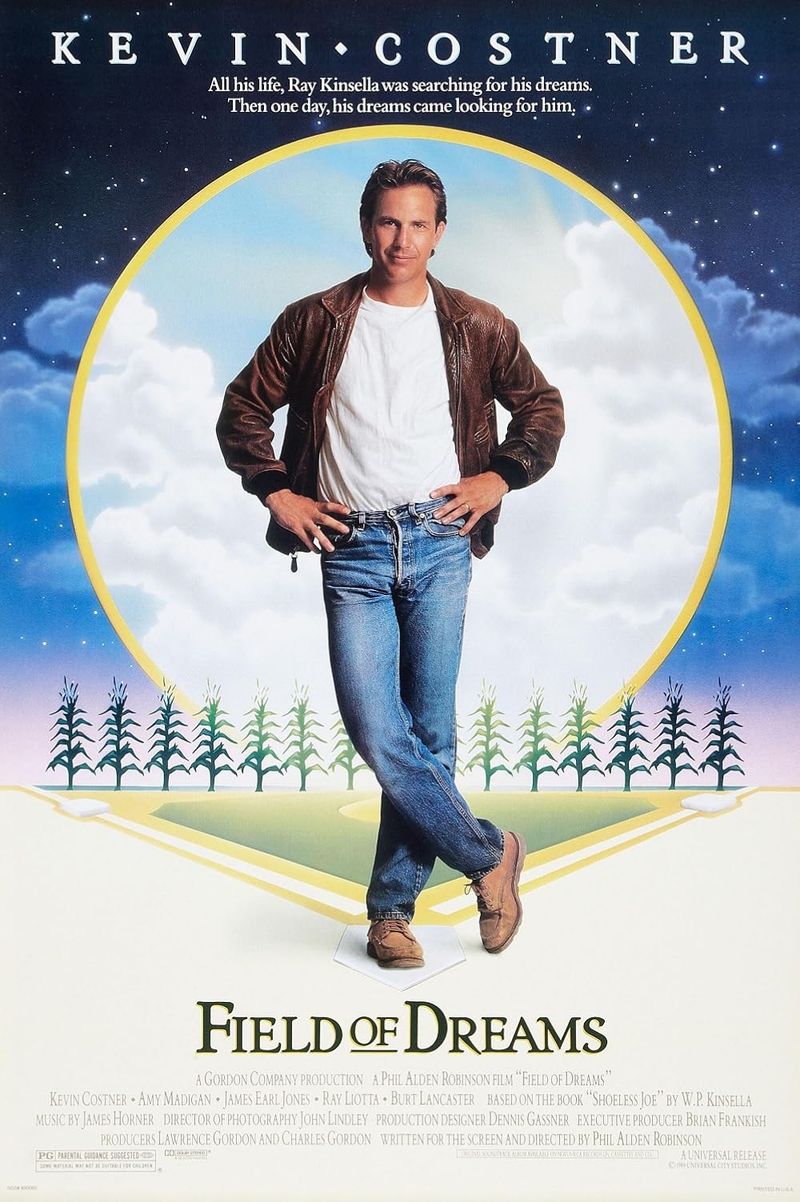
“Field of Dreams,” a heartwarming tale of redemption and belief, was initially titled “Shoeless Joe,” after the central character. The original title might have focused too narrowly on one aspect, limiting the film’s broader themes of hope and reconciliation.
“Field of Dreams” captures the magic and wonder of pursuing one’s dreams, inviting viewers into a world where the impossible becomes possible. It reflects the film’s emotional core, resonating with audiences’ desires for connection and fulfillment. The final title ensures its place as an inspirational classic.
18. The Sound of Music
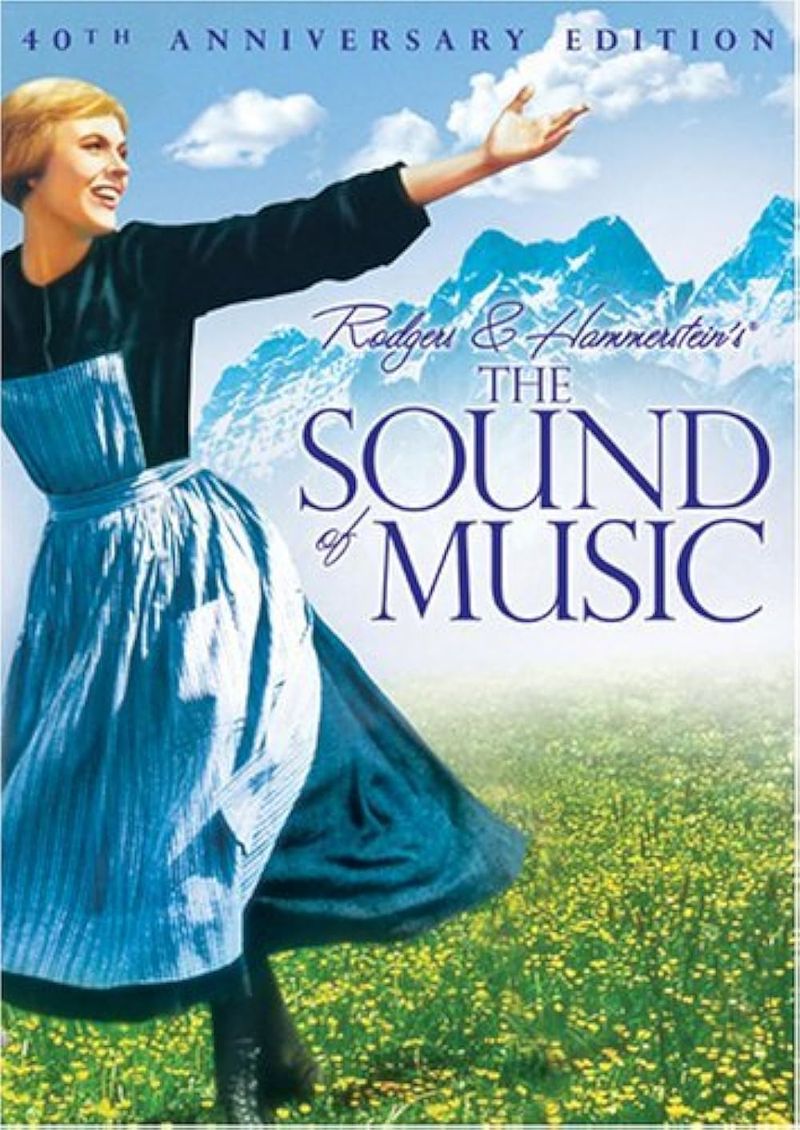
“The Sound of Music,” a timeless musical, was almost called “The Singing Heart.” The original title might have emphasized the musical aspect alone, missing the film’s broader themes of love and resilience. “The Sound of Music” evokes the harmony and beauty of life, celebrating the joy found in family and nature.
It captures the film’s spirit of adventure and hope, offering a heartfelt escape into a world of music and happiness. The final title resonates with audiences worldwide, ensuring its place as a beloved cinematic treasure.

Comments
Loading…